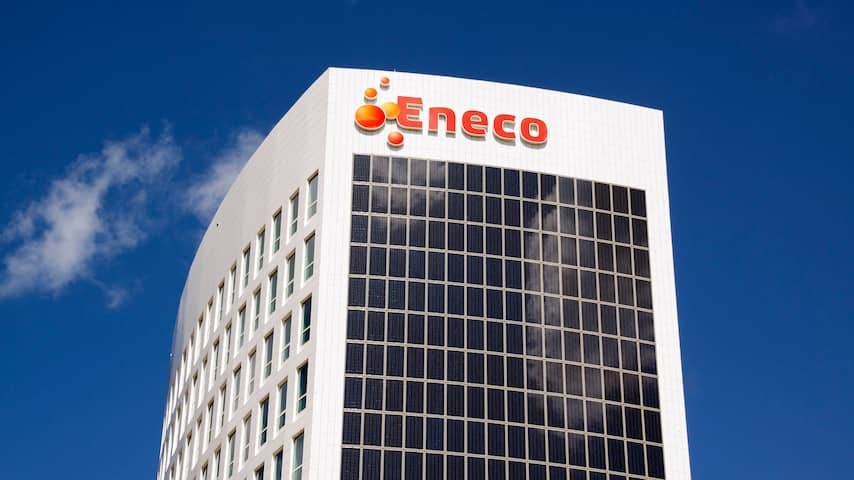
Two Eneco gas power plants in Utrecht will remain open for years longer at the request of grid operators. There is sometimes a risk of power shortages in parts of the Netherlands.
Eneco announced the news on Thursday during the presentation of the annual figures. Grid operators TenneT and Stedin had requested that the Merwedekanaal and Lage Weide power plants remain open longer. They were scheduled to close in 2028 and will then also be technically written off, Eneco CEO As Tempelman told NU.nl.
“TenneT is providing financial support and making a substantial investment in the power plants. As a result, they will remain open until the end of 2029, with the possibility of continuing until 2034.” Tempelman declined to say how much TenneT is paying to keep the power plants open longer. The grid operator itself is also not sharing this.
The power plants will mainly supply power during peak hours, usually at the end of the afternoon. That’s when everyone comes home and a lot of electricity is needed, which the full power grid can barely handle anymore.
The CO2 emissions from the gas power plants will also be at TenneT’s expense from that moment on, Tempelman confirms. Large companies must report how much CO2 they emit with their business.
Tempelman rejects the suggestion that it suits Eneco well that the CO2 emissions are now for TenneT. “It is not a smart way to get Eneco’s CO2 emissions low,” he states. “TenneT ultimately determines how much of the available production hours they need electricity from the gas power plants. So they are responsible.”
Eneco wants to stop using gas power plants before 2035
The agreement does not break Eneco’s earlier promise to stop using gas power plants. The supplier wants to close or convert all power plants into a sustainable version by 2035 at the latest.
Eneco achieved a turnover of 7.2 billion euros last year. That is 1 billion euros less than a year earlier, when electricity prices were exceptionally high. At the bottom line, the supplier made a profit of 245 million euros, considerably lower than the 368 million euros from 2023.
The concern continues to invest in sustainable energy, but admits that the increasing dependence on sun and wind is a challenge.
For example, there was more sun in the first quarter of 2025, but remarkably little wind. As a result, Eneco’s wind farms in the Netherlands and Belgium generated much less electricity.